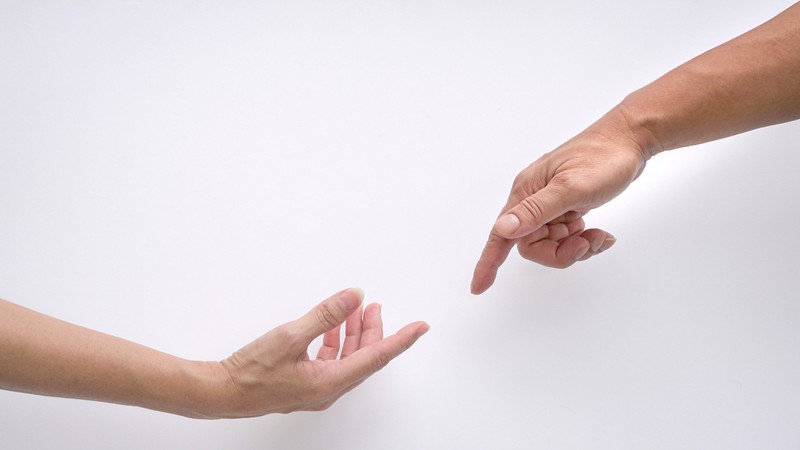An exploration into the mechanisms and uses of the attention traps purposefully designed into digital platforms, and the importance of real- life relationships in countering manipulation.

Connections make the network. Shutterstock/Sinseeho Standard
Connecting and organizing with other people is an important aspect of making the community better, and literally central to the mission that is expressed in our motto of Discover->Connect->Act. The nature of those connections have been on my mind recently as I've been bingeing episodes of Baratunde Thurston’s “How to Citizen” podcast.
One of his Four Pillars of How to Citizen is: Invest In Relationships.
I’ve long been interested in how people relate to each other as connections move into digital spaces, and have been thinking a lot lately about the effect of mass media and social media on how we relate to each other and to the world.
The emergence of mass media over the last couple hundred years, first in print, then radio and television, and now online, gave rise to “celebrities,” that is, individuals celebrated for an accomplishment like flying to the moon or acting in films, where the extent of “celebration” across an audience is expressed as “fame.”
One aspect of mass media-conferred fame is that through repeated exposure and capture of attention, the audience develops a parasocial relationship with the famous person, and a couple of interesting features of the relationship are that A: It’s not a real relationship with a real person or idea, it’s a fixture of attention on an object of fascination; and B: It can still feel like a two-way realtionship to the fascinated person, who brings a set of expectations and permissions to the “relationship,” for instance importuning a famous stranger at dinner in a restaurant to ask for an autograph or otherwise demand a slice of their time when they are otherwise occupied, which would normally be considered rude. Or, in the case of John Hinkley Jr., attempt to gain the notice of a celebrity by taking a shot at the President, which is ruder still.
As celebrity is the fixation of attention on a person; virality is the fixation of attention on the expression of an idea, or meme, with the same parasocial outcome of a feeling of kinship.
Mass media and especially social media have become more efficient at capturing audience attention, and contributors on those platforms have become more expert at manipuating parasocial relationships to the extent that celebrities who were once the more or less passive objects of attention have evolved into influencers, in the sense that they influence belief and behavior in members of their audience. Flooding the zone with shit is recent example of weaponized mass and social media influence at work.
Thus, a well intentioned dingbat walks into a Washington, D.C., pizza parlor with a rifle and blows a lock off a door to save children from an imaginary pedophile ring; hundreds of people converge on Dealey Plaza in Dallas to witness the resurrection of JFK Jr. and anoint Donald Trump as king; people accoss the country assail local school boards under the confidently incorrect notion that Critical Race Theory is being taught to their kids; outraged patriots compare public health officials with Nazi war criminals over the response to a deadly pandemic; and—people from across the country converge on Washington, D.C., assault the Capitol, and try to overturn an election devoid of significant irregulatites because it was “stolen” or “rigged.”
Baratunde talks about the importance of experiencing a relationship with the planet, with the community, and with each other, in real life, and the purpose of this contemplation is to incude and emphasize the building and deeping of our relationship with a shared reality and “the truth” as a foundation upon which to base other relationships.
In one of his podcasts, 19-year-old climate activist Jamie Margolin relates her own experience as a social media influencer and makes the sage observation (paraphrasing): You can use social media, but it wants to use you.
Though clothed in the language of human relationships—“Friend,” “Like”—no amount of digital parasocial interactions will yield the kind of nurturing relationship that can be built with another human being, face to face. The product for sale in digital platforms is human attention, and the platforms cynically play on the understanding that everyone wants to be part of something bigger. So product developers build attention traps that feel like a family or a community or a cause.
There’s a war for our attention and our action among actors in those attention traps who do not have our interests, well-being or continued life as an objective.
Investing in real relationships in real life with real people who do have our best interests in mind requires a commitment to making the time and space: